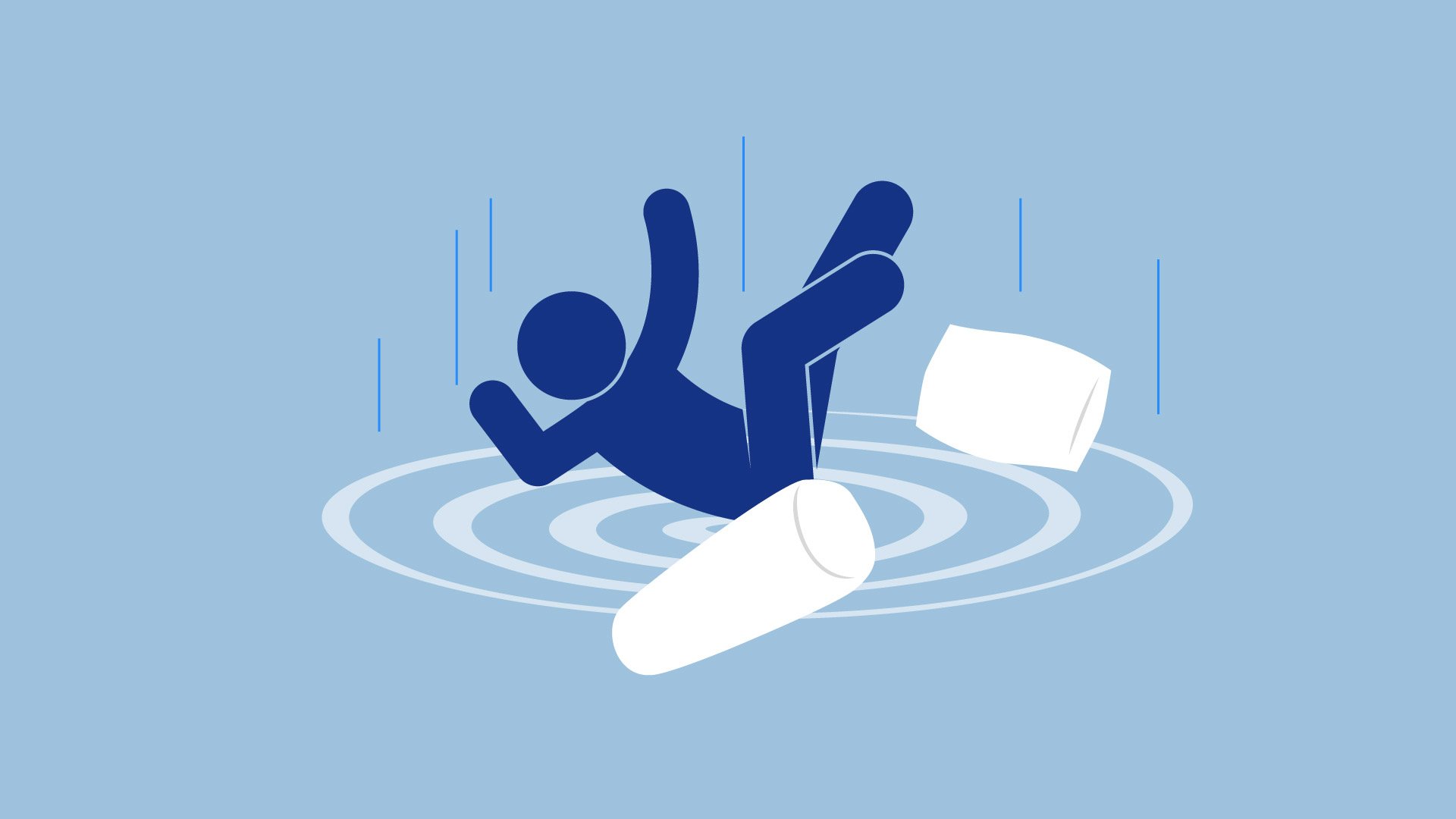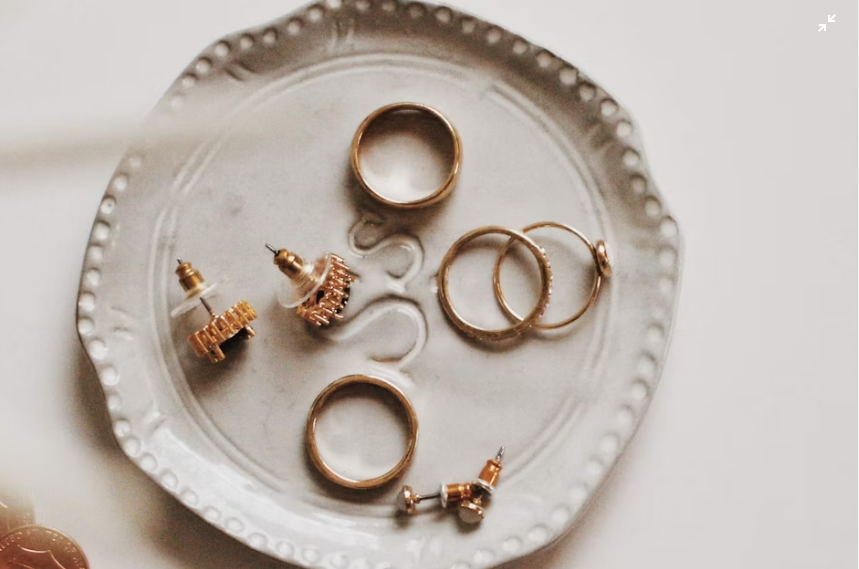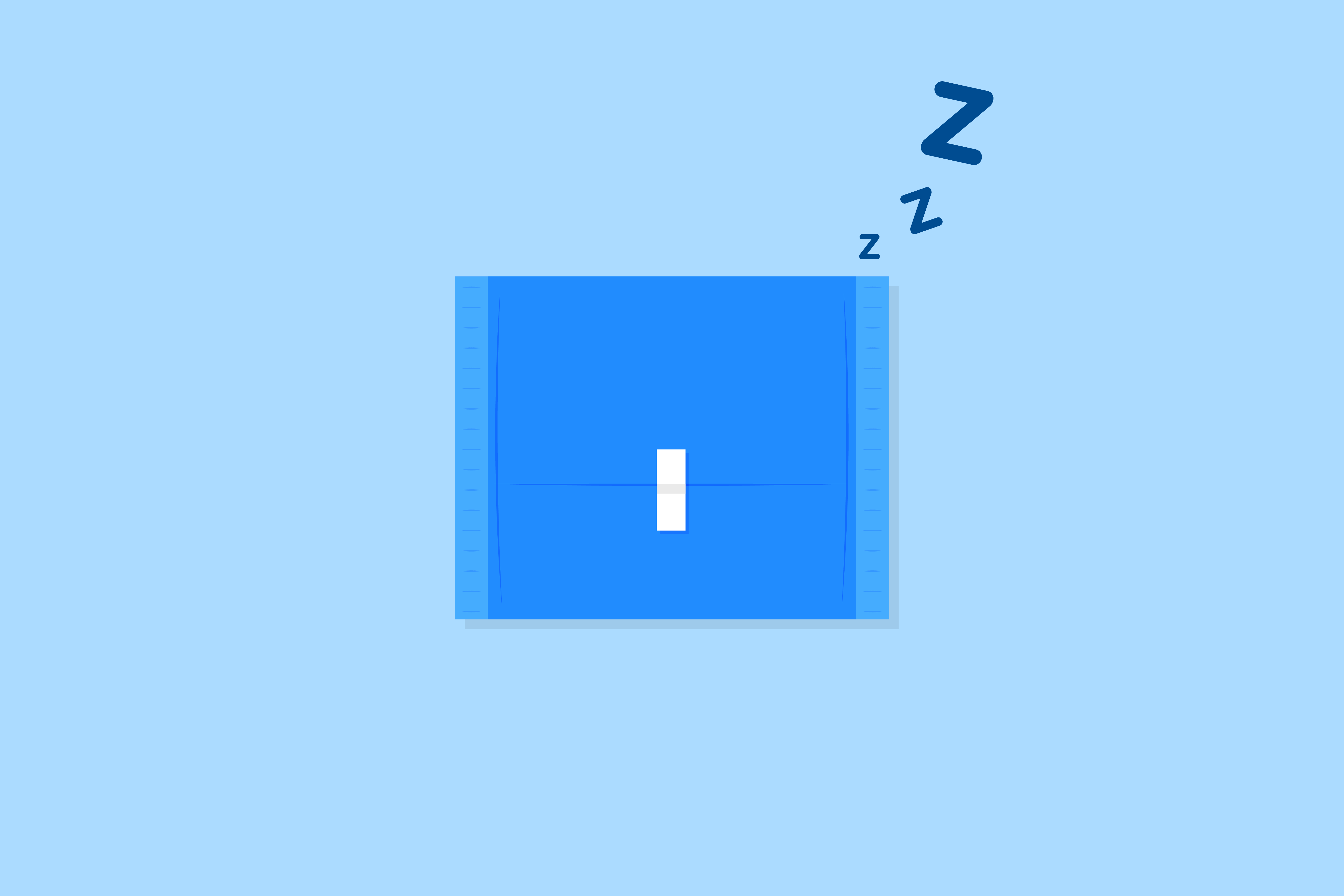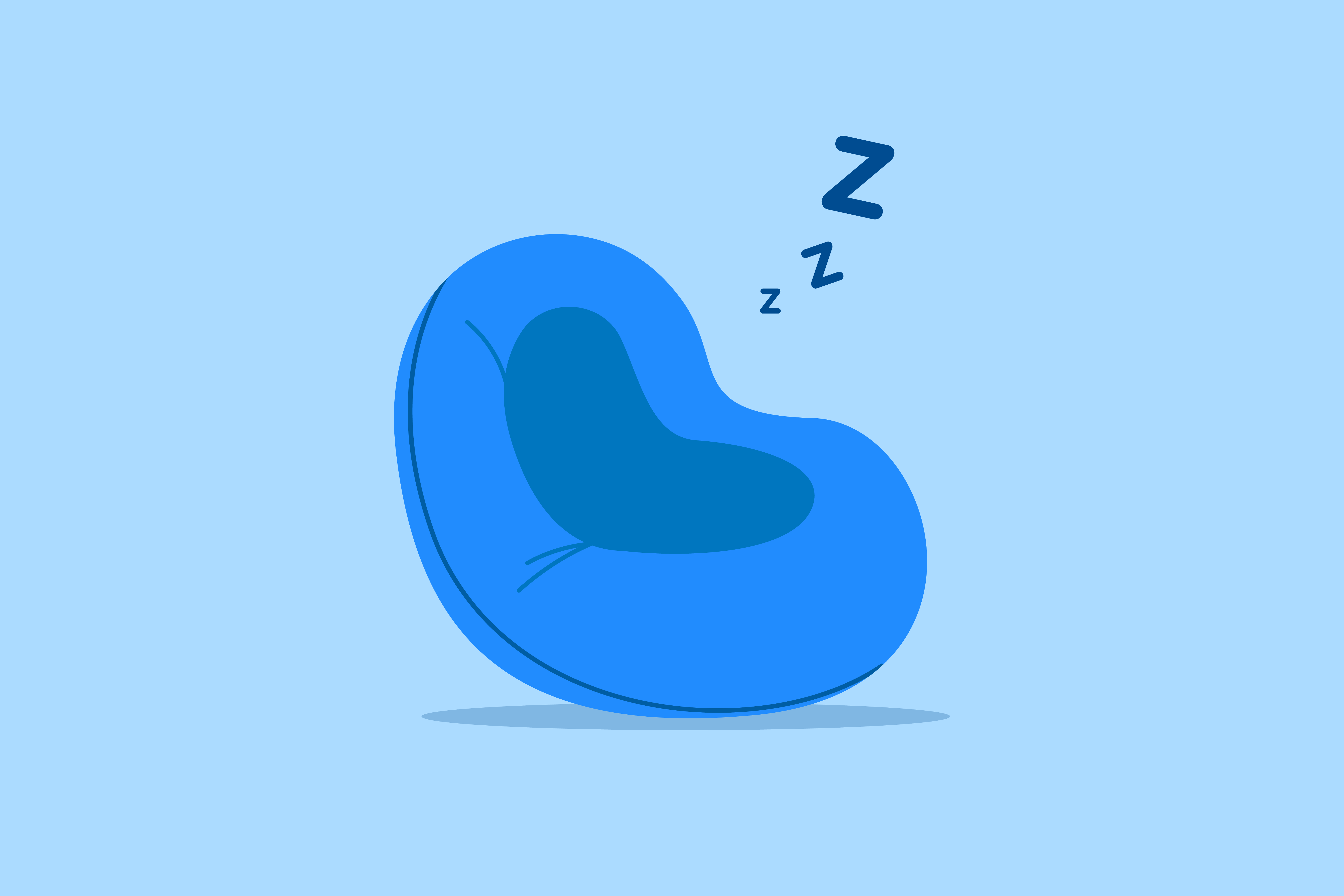Key Takeaways
- Understanding Sleep Starts: While they are a common phenomenon, sleep starts’ intensity and frequency can vary among individuals. A good relationship between sleep starts and the sleep process can help individuals manage their impact on sleep quality and overall well-being.
- Managing Hypnic Jerks: Several strategies to control hypnic jerks include cutting down on caffeine intake, adjusting exercise routines, lowering stress levels through relaxation techniques, and improving overall sleep hygiene. If hypnic jerks persist and significantly affect sleep, consult with your doctor.
- Causes and Impact: The exact cause of hypnic jerks is not fully understood, and while they are not typically a cause for concern, they can prevent falling asleep or even wake individuals from a deep sleep. Recurring hypnic jerks can lead to sleep disturbances, sleep anxiety, and decreased sleep quality.
Have you ever been on the edge of sleep, only to be awakened by a sudden start? This type of involuntary movement is called a hypnic jerk. Hypnic jerks are involuntary muscle contractions that many experience while asleep or during the process of falling asleep.
Hypnic jerks can be strong enough to wake you up from rest or prevent you from falling asleep. However, most of the time hypnic jerks go undetected.
While hypnic jerks are rarely an indicator of a more serious problem, they can seriously impact the quality of your sleep at night. In this guide, we’ll walk you through what hypnic jerks are, who they impact, how they affect your sleep quality, the causes, and a few ways to prevent or reduce these unwanted twitches.
What Is a Hypnic Jerk?
A hypnic jerk is a type of benign myoclonus, Verified Source National Library of Medicine (NIH) World’s largest medical library, making biomedical data and information more accessible. View source which is a brief, sudden jerk or starting sensation of the muscle. Myoclonus jerks are involuntary, which means they are not controlled by our bodies and cannot be started or stopped by voluntary muscle movements. Hiccups Verified Source Mayo Clinic Ranked #1 hospital by U.S. News & World Report and one of the most trusted medical institutions in the world. The staff is committed to integrated patient care, education, and research. View source are one example, and hypnic jerks another.
Hypnic jerks refer to myoclonus jerks that happen between awakeness and falling asleep. These twitches typically occur while you’re still awake or during the first stage of sleep. Hypnic jerks may occur singularly (this is the most common experience) or there may be a sequence of them. These twitches typically occur in your hands, arms, legs, and feet. Your eyelids may also move. Hypnic jerks also tend to occur on one side of the body, rather than both sides.
These jerks are also often associated with sleep starts. Sleep starts refer to the feeling of falling you may experience at the beginning of sleep, which can be jarring and wake you up with a start.
For some, hypnic jerks are accompanied by other sensations. Some people experience the feeling of falling (as referenced above), while others hear cracking or snapping sounds. Some even experience more visual elements along with the sensation of falling. And, others have noted seeing bright flashing lights or hallucinating during hypnic jerks.
Who Experiences Hypnic Jerks?
Anyone can experience hypnic jerks, regardless of gender or age. In fact, a 2016 Verified Source ScienceDirect One of the largest hubs for research studies and has published over 12 million different trusted resources. View source shows that hypnic jerks impact roughly 60% to 70% of the population, and do not appear to affect one gender more than the other.
That said, hypnic jerks do tend to occur more frequently in adults, rather than children. This could be because stress and caffeine are thought to be the two main triggers.
Can Hypnic Jerks Create Trouble Sleeping?
Hypnic jerks are generally not a cause for concern. They’re considered a normal part of the sleep process and most of us are unaware that they’re happening. But that doesn’t mean they can’t become an issue. Hypnic jerks affect your sleep in two ways: firstly, they can keep you awake and prevent you from falling asleep and they can also wake you up from a deep sleep.
If you are aware of hypnic jerks, you’re more likely to be impacted by them. When they lead to trouble getting to sleep or make it difficult to go back to sleep for several nights in a row, you may develop trouble sleeping that could impact your quality of life.
What Are the Causes?
We know that myoclonus happens in the brain, but no one is exactly sure of the specific cause of hypnic jerks. There are many theories regarding what causes these involuntary movements, though.
Some medical professionals believe hypnic jerks are a natural part of the sleep cycle, during which some of the nerves in your limbs “misfire” causing these muscle twitches. Essentially your neurotransmitters transition from being awake to falling asleep, and hypnic jerks occur in this process.
Others suspect it is a reflex meant to protect our bodies. Since hypnic twitches are often linked to sleep starts — the sudden experience of falling which typically jerks us awake — some believe these twitches are a reflex that occurs in response to the falling experience.
5 Ways to Reduce or Prevent Hypnic Jerks
While the jury may be out on the exact cause of hypnic jerks, if they’re impacting your sleep cycle, there are some methods that may help reduce them. Here are 5 ways to minimize or prevent hypnic jerks.
1. Cut down on caffeine
Though the trigger for hypnic jerks is unknown, we do know that taking in excessive amounts of caffeine can increase the frequency of hypnic jerks. There’s no exact procedure when it comes to limiting caffeine for better sleep, but you can start by reducing the amount you drink in a day, and avoiding caffeine in the evenings and nighttime.
For example, if you drink a cup of coffee in the morning and one in the afternoon, switching to decaf or skipping your second cup may be enough to make a difference in your hypnic jerks. If you drink several cups of coffee throughout the day, as well as soda and other caffeinated beverages, you might need to cut out more or try eliminating caffeine altogether to see if the problem subsides.
Stimulants other than caffeine can also be a trigger, such as nicotine amphetamines, and even some prescription drugs. Reducing them may help your hypnic jerks, but talk to a doctor if you plan on reducing the medication you take daily.
2. Reduce intense physical exercise
In some cases, your exercise routine may be increasing your hypnic jerk episodes. While you don’t have to eliminate exercise — although you can if it’s adding stress to your life — opting for less intense physical fitness might reduce your hypnic twitches at night.
If you’ve been training hard for a specific fitness goal or pushing yourself to lift harder, the physical stress on your body has been shown to increase the frequency of hypnic spasms at night. So, if you’re not getting enough sleep, try easing into more intense exercises and opting for less strenuous fitness endeavors.
In addition, exercising earlier in the day might also offer some relief. This will give your body time to settle down and decompress after strenuous physical activity, while still ensuring good physical health for sleep.
3. Lower your stress levels
While reducing your stress is sound advice for anyone looking to stay healthy, it can also prevent hypnic jerks from keeping you tossing and turning each night. High levels of emotional stress have been linked to increased bouts of hypnic jerks, as well as many other sleep disorders. For example, stress is a key factor for insomnia.
Lowering your stress levels will look different for everyone. Taking a long walk a few times a week, journaling, or reading are all great ways to relax your body and slow your mind.
4. Improve your sleep hygiene
Experiencing hypnic jerks may lead to sleep anxiety, which might be the reason why you’re suffering from sleeplessness and easily stirred. Taking steps to improve your chances of getting a good night’s sleep could be beneficial.
This might include creating a bedtime routine, making sure you have a set bedtime each night, unplugging earlier in the evening, and taking time to relax away from screens before bed. You may find that getting better, deeper sleep each night with a consistent sleep schedule prevents you from being awakened by hypnic jerks.
5. Talk to your doctor
If hypnic jerks are wrecking your sleep, talking to a doctor is your best bet. In some cases, the medications you’re taking might be causing the hypnic jerks or worsening their intensity and frequency. It can be helpful to try to track when the jerks first started and when they began causing issues with your sleep.
A 2015 study Verified Source National Library of Medicine (NIH) World’s largest medical library, making biomedical data and information more accessible. View source tracked the case of a woman suffering from depression who was treated with the drug Escitalopram. While this medication did help treat her apathy and detached feelings, it came with a side effect — jerky movements right before falling asleep that eventually kept her awake at night. Her doctor was able to provide an anti-anxiety and seizure medication, Clonazepam, that eliminated her hypnic jerks.
While this is just one example, talking to a medical professional can help pinpoint a solution if you suspect a prescription is to blame.
Frequently Asked Questions
Is it normal to have hypnic jerks every night?
It is relatively common for people to experience hypnic jerks occasionally as they fall asleep, but having them every night may not be considered normal. However, the frequency and intensity of hypnic jerks can vary widely between individuals. Some people may experience them more often than others.
If recurring hypnic jerks are disrupting the ability to sleep well, try discussing them with a healthcare professional to rule out any underlying sleep disorders or other health issues. Making certain lifestyle changes, such as avoiding caffeine, practicing relaxation techniques, and establishing a regular sleep schedule, may reduce the frequency of hypnic jerks.
What are sleep starts?
Sleep starts are another name for hypnic jerks, the involuntary muscle contractions that happen just as a person is falling asleep. These sudden movements may involve jerking or twitching of the arms, legs, or entire body. Sleep starts are a normal and common occurrence and are generally not a cause for concern.
Are hypnic jerks related to anxiety?
Although the exact cause of hypnic jerks is not fully understood, anxiety has been suggested as a possible contributing factor. Anxiety can increase muscle tension, and this may lead to a greater likelihood of experiencing these involuntary movements. The process of falling asleep can also be stressful for some individuals, potentially triggering hypnic jerks.
However, it is important to note that not all cases of hypnic jerks are related to anxiety. Other factors include caffeine consumption, physical exertion, and even genetics. If you are experiencing hypnic jerks and want to know the cause, try speaking with a medical professional who can recommend appropriate treatment options.
Are hypnic jerks a disorder?
Hypnic jerks are not typically considered a disorder unless they are causing significant disruption to a person’s sleep quality or daytime functioning. Generally, hypnic jerks are normal and benign, happening as a natural part of the sleep process. They are usually not a cause for concern and do not require medical treatment.
However, a sleeper may experience frequent or intense hypnic jerks that are disrupting their ability to fall asleep or stay asleep or other symptoms such as daytime sleepiness. If this sounds like you, talk with your doctor about potential sleep disorders or other causes.
How do I stop hypnic jerks when falling asleep?
To combat hypnic jerks at bedtime, we recommend establishing a regular sleep schedule and a soothing evening routine. Once you’ve gotten into the rhythm of falling asleep and waking up at a regular time and getting a full night’s rest, you may find it easier to fall asleep fast. You can also cut out caffeine consumption later in the day to keep yourself from feeling sleepless.
Try methods for relaxing like a warm bath, a cup of herbal tea, or writing down your feelings and worries in a journal. Make sure your sleeping environment is set up for comfortable sleep, too. If simple lifestyle changes don’t produce results, you may need to speak with your doctor about more intensive steps for preventing hypnic jerks.
Conclusion
Although hypnic jerks impact most adults, for some they can be distressing, cause sleeplessness, and even lead to sleep anxiety. The good news is hypnic jerks can often be reduced or prevented with a few lifestyle changes, such as:
- Decreasing the use of caffeine and other stimulants
- Changing your exercise routine for sleep
- Reducing your stress levels
- Focusing on your sleep hygiene regime
If you’re unable to reduce hypnic jerks on your own, talk to a medical professional. In some cases, hypnic jerks can begin or may be intensified by prescription medications, and your doctor may be able to prescribe a prescription that can help.
About the author
Courtney Johnston is a seasoned freelance writer and editor with over 10 years of experience in publishing digital content. Her areas of expertise include personal finance, small business, and health and wellness. With her work published in reputable outlets such as The Chicago Tribune, MSN, AOL, The Motley Fool, Benzinga, The Balance, Best Reviews, and The Culture Trip, Courtney brings a wealth of knowledge and a strong editorial background to her writing.
View all posts





